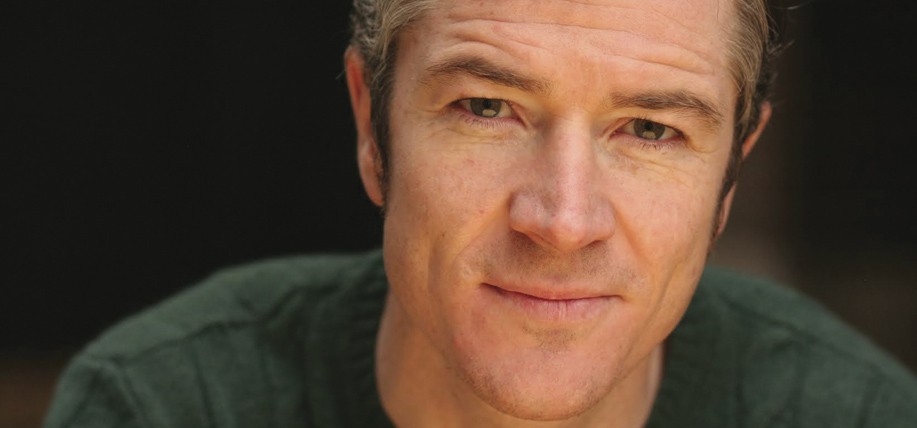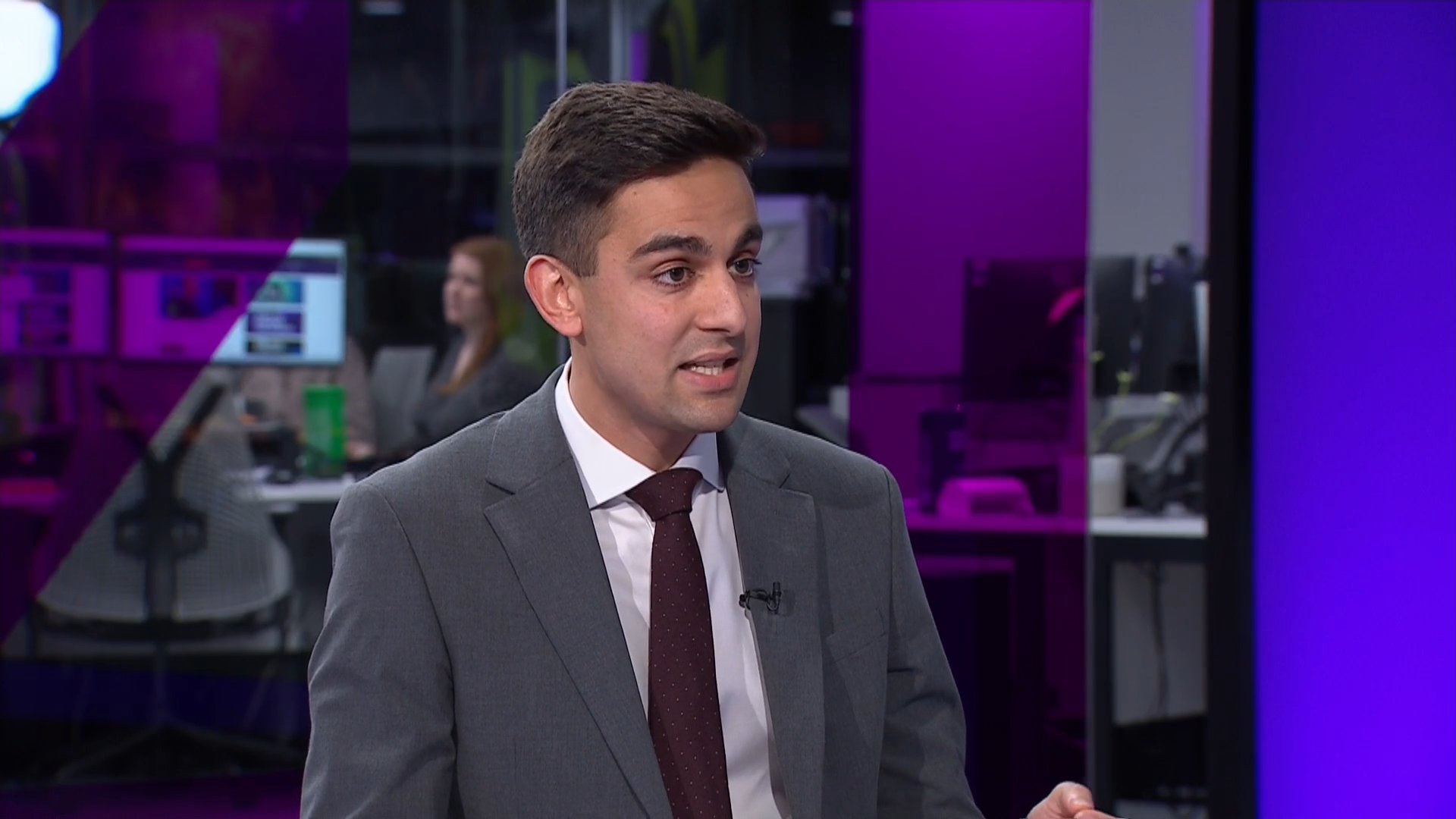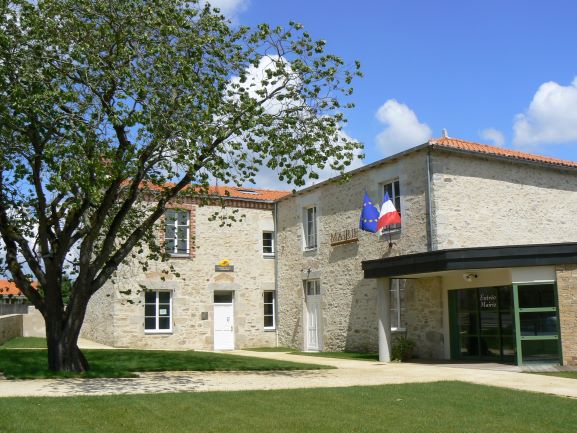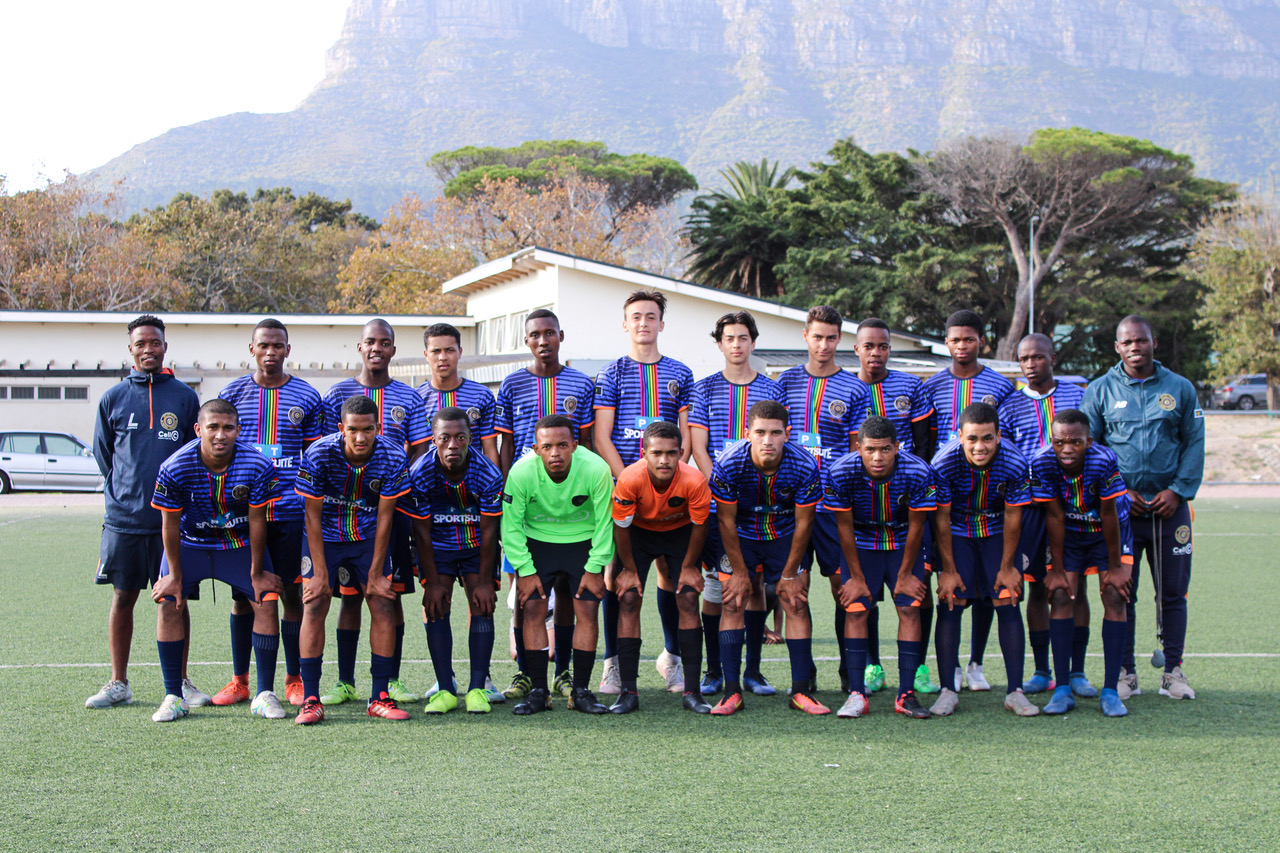Wildfire Prediction And The Gambling Market: Analyzing The Los Angeles Fires

Table of Contents
The Increasing Risk of Wildfires in Los Angeles
Los Angeles, with its unique blend of Mediterranean climate, sprawling urban development, and vast wildlands, faces an ever-increasing risk of devastating wildfires. This escalating danger stems from a confluence of factors:
Climate Change and Urban Sprawl
-
Rising temperatures and prolonged droughts: Climate change significantly exacerbates wildfire risk. Higher temperatures dry out vegetation, creating ideal conditions for rapid fire spread. Prolonged droughts further intensify this effect, leaving landscapes tinder-dry. Los Angeles wildfires are increasingly influenced by these long-term climate patterns, making accurate Los Angeles wildfire risk assessment crucial.
-
Increased density of flammable vegetation: Years of drought and inadequate forest management practices have led to a build-up of dense, flammable vegetation in many areas. This acts as fuel for wildfires, allowing them to spread quickly and intensely.
-
Proximity of homes to wildland-urban interface (WUI): The expansion of urban development into areas bordering wildlands (WUI) increases the risk of homes being directly threatened by wildfires. This encroachment brings human structures into the path of naturally occurring fires, significantly increasing property damage and the potential loss of life. Understanding this interaction is vital for effective wildfire risk assessment.
-
Ineffective fire prevention and mitigation strategies: While efforts are made for fire prevention, inadequate funding and implementation of effective strategies, like controlled burns and forest thinning, contribute to the build-up of flammable material, ultimately increasing the severity of Los Angeles wildfires.
Wildfire Prediction Models and Their Accuracy
Predicting wildfires with accuracy remains a significant challenge, despite advancements in technology. Various models are employed, each with its strengths and limitations:
Current Technological Advancements
-
Satellite imagery: Satellites provide real-time data on vegetation moisture, temperature, and fire activity. This data is invaluable for detecting active fires and monitoring their spread. However, cloud cover can significantly hinder observation.
-
Weather forecasting: Meteorological data, including wind speed and direction (especially the notorious Santa Ana winds), temperature, and humidity, are crucial components of wildfire prediction models. Accurate forecasting is paramount, but weather patterns remain inherently unpredictable.
-
AI-powered prediction systems: Artificial intelligence and machine learning algorithms are increasingly used to analyze vast datasets and improve the accuracy of wildfire predictions. These systems can identify patterns and predict wildfire behavior more effectively than traditional methods. However, data biases and limitations can impact their accuracy.
The accuracy of wildfire predictions varies greatly depending on factors like data quality, model sophistication, and the specific environmental conditions. Human interpretation of these predictions is vital, alongside the use of predictive analytics to improve models.
The Potential for a Wildfire Gambling Market
The possibility of a gambling market based on wildfire predictions presents a complex ethical landscape.
Ethical Considerations and Regulatory Challenges
-
Potential for market manipulation and fraud: The inherent unpredictability of wildfires, coupled with the potential for manipulating data or influencing predictions, poses significant risks. Ensuring fair and transparent betting practices would be a monumental challenge.
-
Societal impact of profiting from disaster: The idea of profiting from the devastation caused by natural disasters raises serious ethical questions. Such a market could be seen as insensitive and exploitative, potentially exacerbating the suffering of those affected by wildfires.
-
The need for robust regulatory frameworks to prevent irresponsible gambling: If a wildfire betting market were to exist, stringent regulations would be essential to prevent irresponsible gambling, protect vulnerable populations, and mitigate the potential for fraud and manipulation.
-
Comparison to other weather-related betting markets: While there are established betting markets for weather events like hurricanes, the societal implications of betting on wildfires are markedly different. The widespread devastation and potential loss of life associated with wildfires demand a significantly higher level of ethical scrutiny.
Case Studies: Analyzing Past Los Angeles Fires
Analyzing past Los Angeles fires can help illuminate the accuracy of prediction models and assess the potential outcomes in a hypothetical gambling market.
Specific Examples
Several past Los Angeles wildfires could be analyzed. For each, one could examine the predictions made prior to the fire, assess the accuracy of these predictions, and simulate potential betting scenarios and their financial outcomes. This would provide valuable data for understanding the risks involved in any wildfire gambling market. Furthermore, the role of media coverage and public perception in shaping betting patterns and market volatility needs to be considered.
Conclusion
The intersection of wildfire prediction and the gambling market presents both opportunities and significant challenges. While advancements in technology have improved the accuracy of wildfire prediction models, significant limitations remain. The ethical considerations surrounding a potential wildfire betting market are profound, raising concerns about responsible gambling, market manipulation, and the societal impact of profiting from disaster. Further research into the intersection of wildfire prediction and the gambling market is crucial for responsible development and regulation. What are the ethical implications of using wildfire prediction models for gambling purposes?

Featured Posts
-
 Irish Actor Barry Ward A Candid Conversation On Roles And Casting
May 21, 2025
Irish Actor Barry Ward A Candid Conversation On Roles And Casting
May 21, 2025 -
 Wife Of Ex Tory Councillor Challenges Racial Hatred Conviction
May 21, 2025
Wife Of Ex Tory Councillor Challenges Racial Hatred Conviction
May 21, 2025 -
 Kamerbrief Verkoopprogramma Certificaten Abn Amro Een Complete Gids
May 21, 2025
Kamerbrief Verkoopprogramma Certificaten Abn Amro Een Complete Gids
May 21, 2025 -
 Diversification A Moncoutant Sur Sevre Et Clisson Histoire Et Perspectives
May 21, 2025
Diversification A Moncoutant Sur Sevre Et Clisson Histoire Et Perspectives
May 21, 2025 -
 Klopps Influence How Ex Liverpool Manager Fame Boosts Hout Bay Fc
May 21, 2025
Klopps Influence How Ex Liverpool Manager Fame Boosts Hout Bay Fc
May 21, 2025
